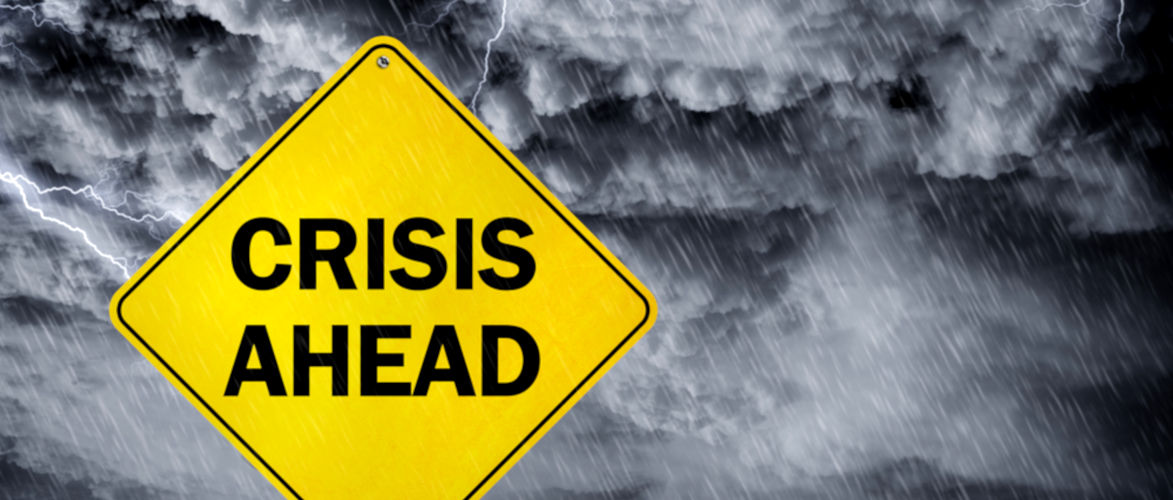By Dirk C. Fleck.
It’s 27 degrees, I look up into a bright blue sky, clear and unsmeared, as you can see again since Corona. The trees in my street stand glittering in the sun, their leaves look like varnished, so thoroughly washed by last night’s rain. A light breeze plays with them. On the footpath under my balcony a seven-year-old girl in her summer dress rolls by, followed by a Tibetan temple dog jumping joyfully. I used to have a dog like that. The breed is called Lhasa Apso. His name was Nima, which is Tibetan and means heaven. My girlfriend at the time, Jutta, gave him that name. She was the one who insisted that he enter a beauty contest. Nima won the first prize, I still have the certificate. Two years later Jutta left me to seek her fortune in Goa, where she died of a heroin overdose. I gave the dog to my parents. They had a garden and were happy. Nima was happy too. When I visited him a little later, there was not much left of him. My mother had given the prize-winning showpiece Lhasa into the hands of a dog barber… The long golden coat was, how shall I say it… it was gone. Nima looked like a thin sausage with huge eyes. I remember that after the first shock, I fell into a laughing fit in which the whole family joined in and which seemed to have no end. Meanwhile Nima stood there, staring in amazement from one to the other.
Here they come back. This time they roll and run around the race. The dog keeps up surprisingly well. Maybe I should leave my vantage point at the top of the trees and dive into the city, which is strangely quiet that day. Well, the jackhammer at the intersection doesn’t count, but if you don’t wait until it turns green, it’s over quickly with the stuttering attack on the silence adorned by the chirping of birds. At Isekai I make my way to my favorite meadow. It is fenced in with wire mesh, but that makes sense. Now that neither man nor dog can trample on it, it has blossomed into a little paradise. I stroke the meter-high poppies and cornflowers that stretch through the fence towards me as if they were welcoming me, and take a seat on a bench above the embankment on the bank of the canal, over which a creaking rowing boat is driven. On the bench, which is a few meters away in the shade, a young woman is sitting and reading a book. She wears a black breathing mask with small white skulls on her face, which strangely makes me think that not only the air she breathes but also the words she reads are filtered in an unbearable way.
Now I find myself in a state that I would like to call the atrium of silence. I feel an instance prevail within me that turns every emerging thought to dust before I am dragged to any side line theatre. This instance needs a bright day like this, warm and quiet and near a flower meadow. Then it develops its full authority. I trust her. This way I remain untemptable, without desire and without any conception of myself. It is the image of myself that permanently distorts my perception of the world. But when the authority takes over, I am allowed to dissolve beyond recognition. As I said, these are experiences in the atrium to silence. They are promises, premonitions that make one shudder, and that make the whole construct into which our mind has bound us collapse. All the accumulated potential for outrage, all the pain one feels in the face of the injustices and crimes on this planet is pierced with an imaginary pipe like a colic and escapes. Whoosh. Now it is important to preserve the lightness of life that has been won. A challenge that is difficult to meet under the soulless conditions that a greed-driven economic system has created worldwide.
The lady in the mask walks by and nods at me. “Whats your name?” I hear myself saying. Why am I asking her in English? “Gloria,” she answers and walks away. Under her arm she is carrying the book I thought she would have been better off reading unfiltered: “À la recherche du temps perdu” by Marcel Proust. A French woman, perhaps a French student. I am obviously back to my old self again. The instance has withdrawn and smiles at me from a distance. She probably thinks, let him think, I think. The wind has changed, I can hear the jackhammer so far. Running away is not worth it, the sky has become menacingly clouded. And I left the umbrella at home. What you should never do in Hamburg. Do I go home now or do I lie down under the bushes and listen to the drumfire of the rain? Perhaps the authority will be gracious enough to come back while I chew on fresh earth in a dreamy state…
+++
Thanks to the author for the right to publish the article.
+++
Picture source: Makhh / shutterstock
+++
KenFM strives for a broad spectrum of opinions. Opinion articles and guest contributions do not have to reflect the views of the editorial staff.
+++
KenFM now also available as a free app for Android and iOS devices! Via our homepage you can visit the stores of Apple and Google. Here is the link: https://kenfm.de/kenfm-app/
+++
Support us with a subscription: https://www.patreon.com/KenFMde
+++
You like our program? Information about further support possibilities here: https://kenfm.de/support/kenfm-unterstuetzen/
+++
Now you can also support us with Bitcoins.

BitCoin address: 18FpEnH1Dh83GXXGpRNqSoW5TL1z1PZgZK










Kommentare (0)